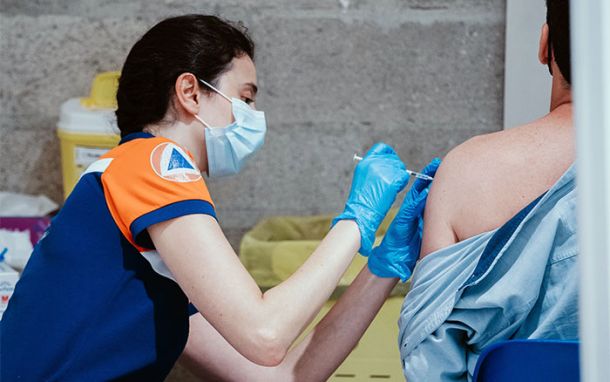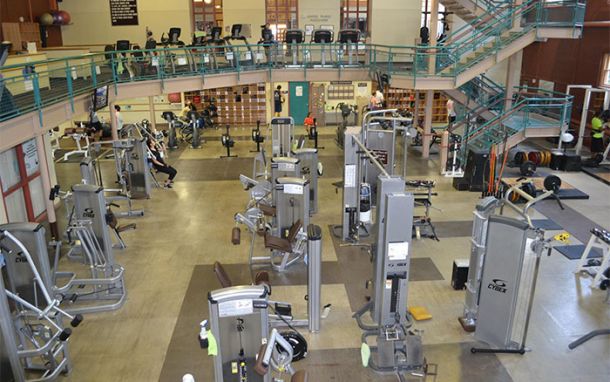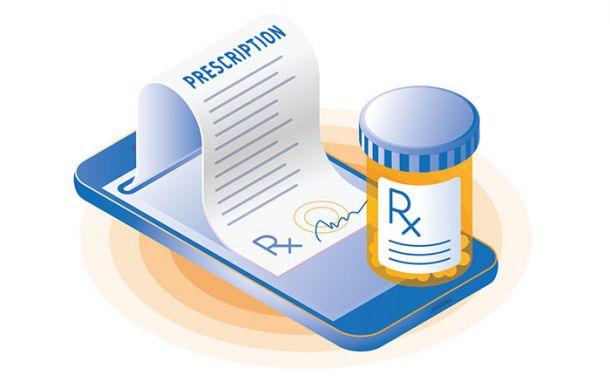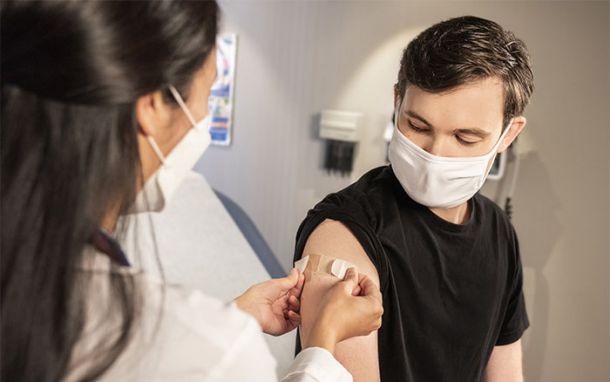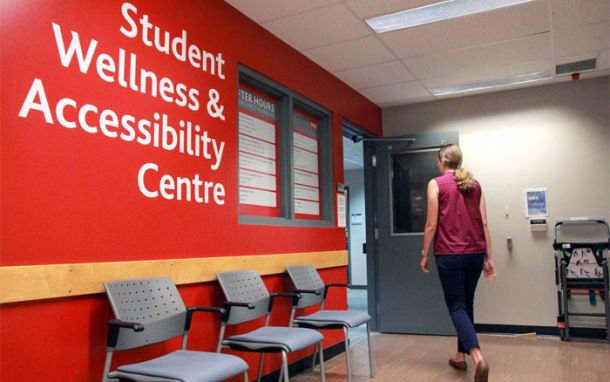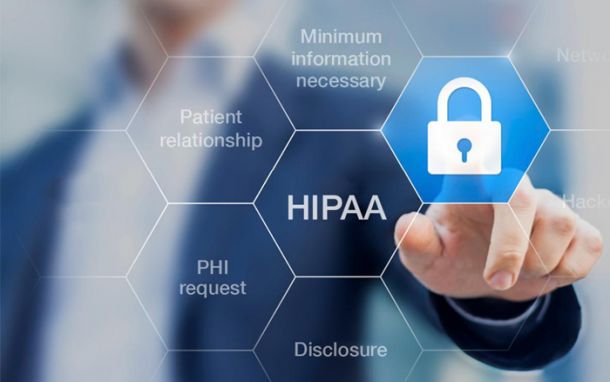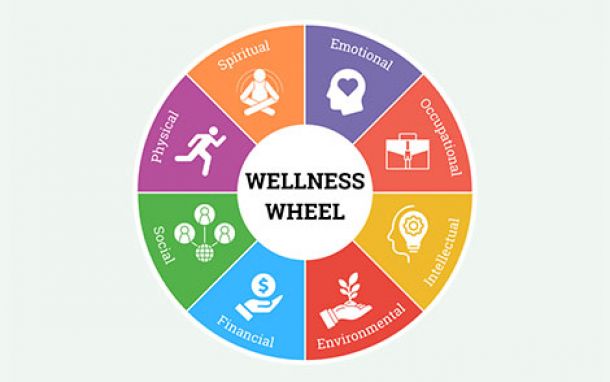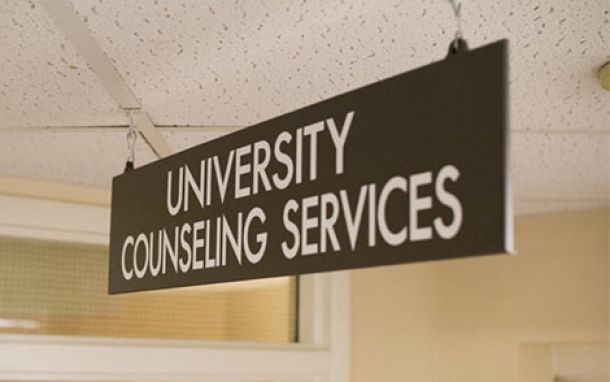Industry Articles
As an industry leader for over 25 years, Medicat has provided software solutions to 500+ college and universities across 48 states while serving over 5 million students.
Below you will find educational articles about pressing issues within the electronic health record and medical administration industry.
What Our Clients Say
-
“Medicat provides my staff with the tools to provide quality healthcare. We are able to assess our health trends, quickly assess which students are not immunized, analyze clinic use and provide the college administration with valuable information regarding the health of our campus. Medicat allows providers to be more efficient and take control of their own schedules.”
Jackie F. Webb, ARNP, MSN
Director
Colby-Sawyer College -

“Medicat is an excellent product, but what makes it exceptional are its accomplished employees who are incredibly sincere individuals who always exhaust every avenue to resolve system issues as soon as possible. I feel secure knowing that Medicat is always ready to support us and look forward to many years of partnership ahead.”
Rose Mammen
Clinical Information Systems Manager
University at Buffalo Student Health Services -
“Since implementing Medicat we now have the ability to fully integrate health and mental health records, which has resulted in enhanced care for our students. Numerous students have reported feeling that their care has been significantly improved since we integrated into one center with one record.”
Stephanie Hanenberg MSN, FNP-C
Executive Director of Health and Wellness
Recreation and Wellness Center
University of Colorado – Colorado Springs -
“Support is very responsive to our needs. The bar has been set very high by the Support team! I have worked with software vendors for over 20 years and NONE have been as responsive, professional, and helpful as Medicat.”
Melissa Biddle
Assistant Director of Operations
Binghamton University Health and Counseling Services -

“I love the product, I love the company and the customer service is beyond compare.”
Ann Potter, FNP, MSN
University of North Carolina School of the Arts
-
“Medicat’s staff has amazing depth and breadth of product knowledge, and the service and support is far superior to our previous clinic management software.”
David Brown, PhD
Clinical Psychologist
University of Montana -
“I have worked with many EHR’s and hands down Medicat has the best support. The support team that I have worked with are professional, competent, courteous, and knowledgeable. Excellent problem solvers!!!”
Maureen Mitchell, RN
Medical Services Manager
Reed College Health & Counseling Clinic -
“It is a very difficult task to select the best application for a clinic, but our past experience has proven over and again that customer support is equally as important as the application itself. My opinion and expe- rience has been that Medicat is providing the quality product and support we need and expect in a very timely manner.”
Kathryn White
Association Director
Health Services, East Carolina University







